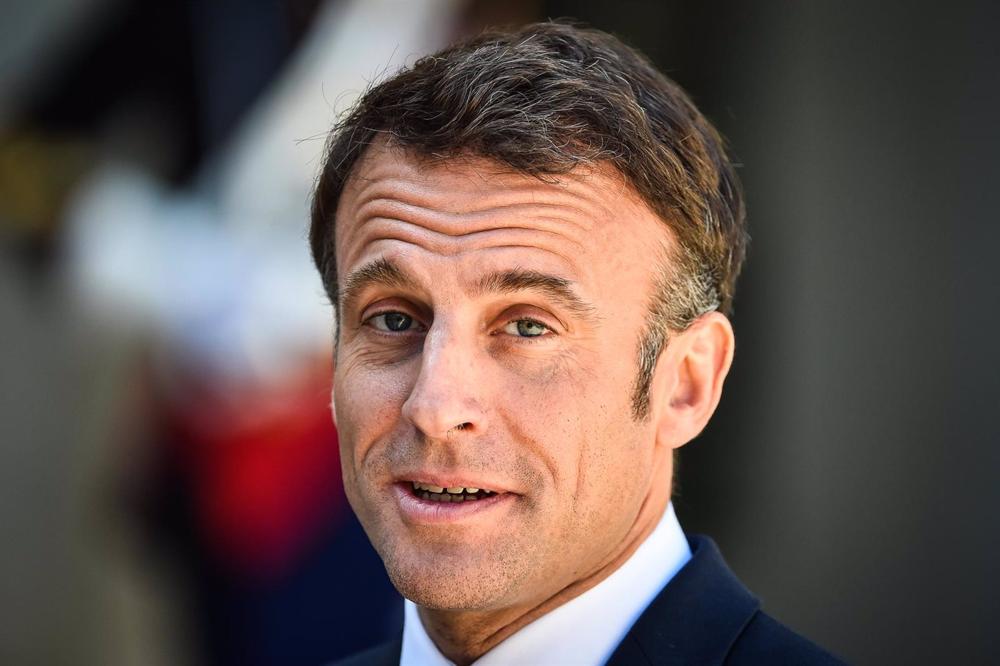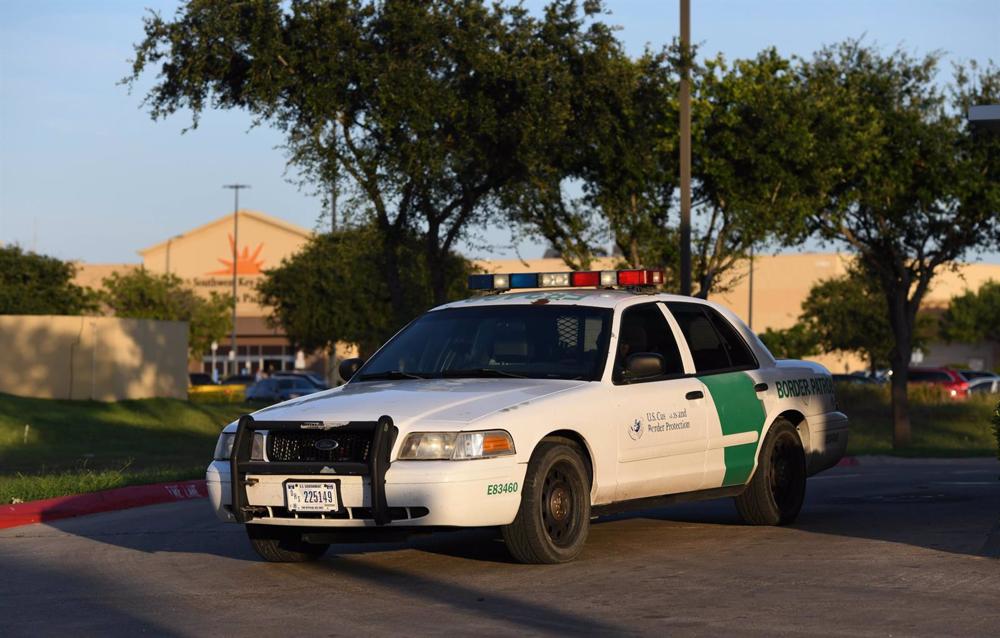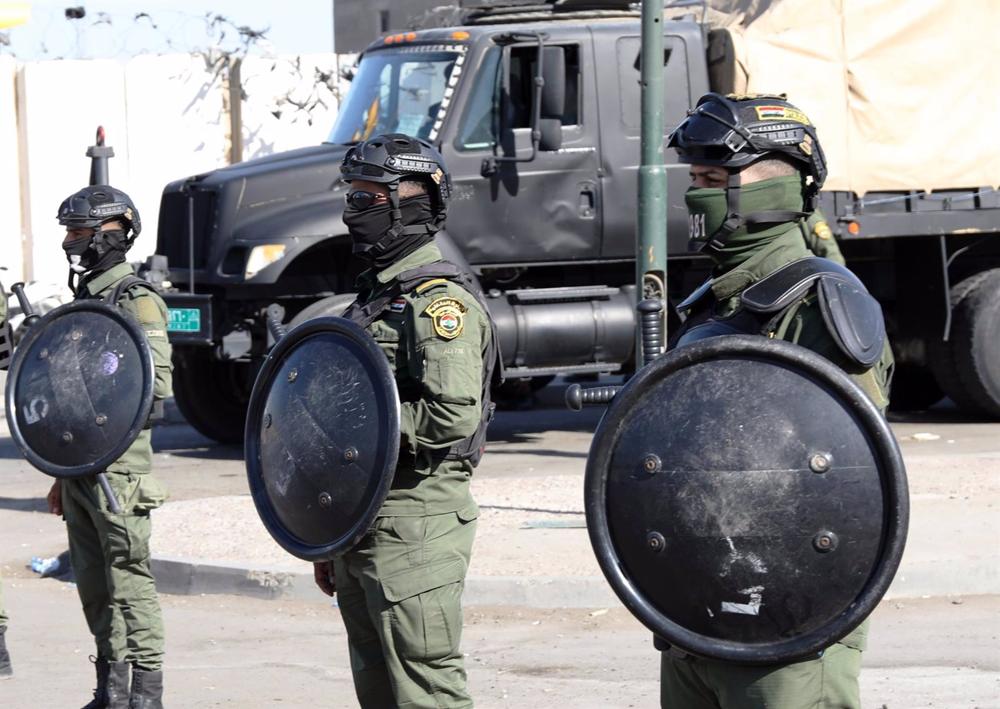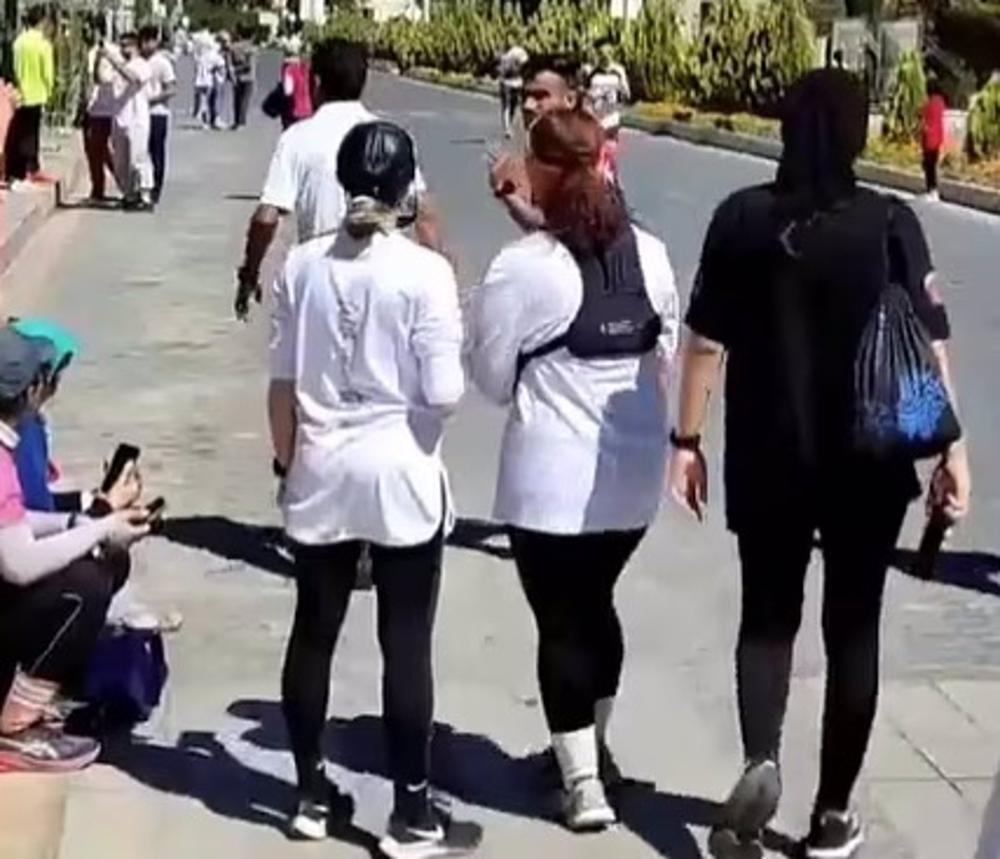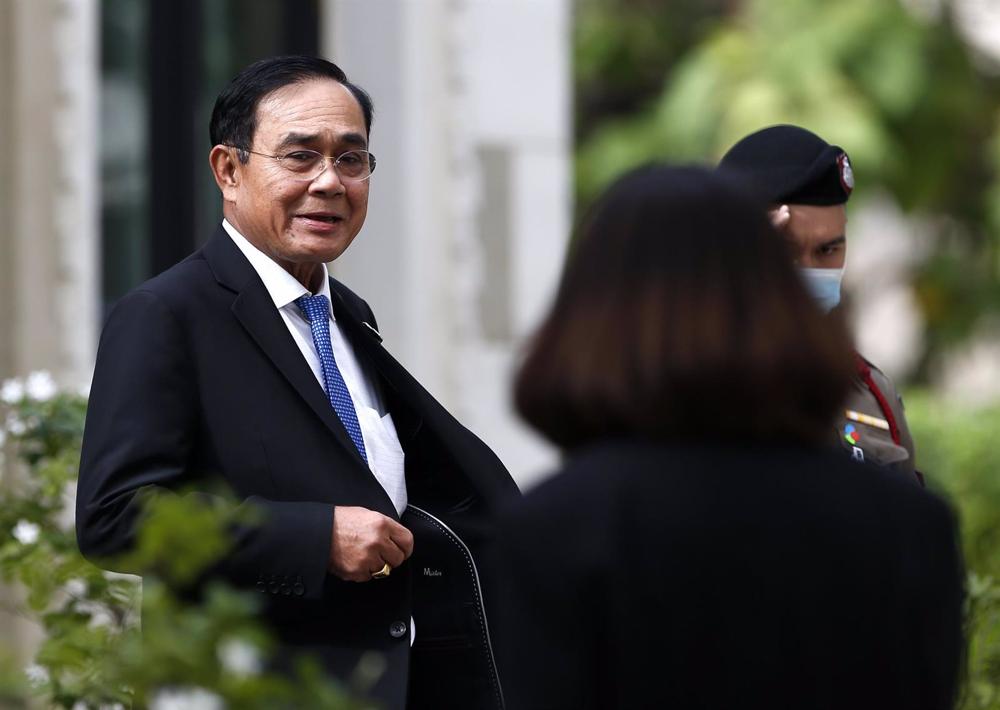
Thailand’s Prime Minister Prayuth Chan Ocha on Monday certified his affiliation to the Ruam Thai Sang Chart Party (United Thai Nation Party) in a move aimed at running for re-election in the next general election despite a court ruling that has limited his term of office to a maximum of another two years.
The party held a rally in the Thai capital, Bangkok, on Monday in which it presented Prayuth as its candidate for prime minister in the upcoming elections, scheduled for early May.
With his affiliation to a new formation, Prayuth thus definitively breaks his ties with the Pralang Pracharath party, supported by the country’s military and through which he achieved his ascension to the Head of Government in March 2019.
Prayuth already informed at the end of December that he would join the ranks of Ruam Thai Sang Chart with the aim of revalidating the position of Prime Minister in order to face the various adversities facing the Asian nation.
In his presentation on Monday, Prayuth advocated to «continue» on the path marked during these almost four years of mandate to continue improving critical infrastructures and technologies, while ensuring equal opportunities, according to Bloomberg agency.
However, the Prime Minister is facing widespread dissatisfaction among a large part of the population, who are not happy about his continuity at the head of the Executive, especially due to the economic situation in Thailand, a country that is particularly suffering from the negative effects of the coronavirus pandemic.
Prayuth’s mandate would be limited to two years after the elections once the Thai Constitutional Court ruled that he has been prime minister since 2017, when the current Magna Carta — which prohibits holding office for more than eight years — came into force.
The Constitutional thus determined that Prayuth had not yet served his full term and allowed him to return to office after a five-week suspension imposed following a lawsuit by the opposition Pheu Thai, which argued that the prime minister was already leading the country before he was appointed chief executive in April 2017.
Thus, the opposition formation argued that Prayuth’s time at the head of the military junta that seized power in 2014 should count, implying that the retired general had exceeded the eight-year term stipulated in the country’s constitution.
In contrast, some Prayuth’s supporters argue that it should start counting from the 2019 elections, the first since the current Constitution was declared.
Source: (EUROPA PRESS)
